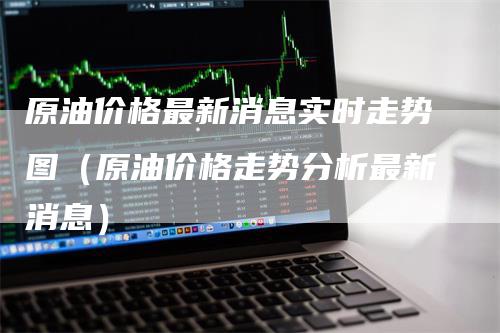
原油价格最新消息实时走势图
Q: What is the current trend in crude oil prices?
A: The latest data shows that crude oil prices have been experiencing fluctuations in recent weeks.
Q: What factors contribute to the fluctuating crude oil prices?
A: Several factors contribute to the fluctuations in crude oil prices, including geopolitical tensions, supply and demand dynamics, economic indicators, and market speculation.
Q: How have geopolitical tensions affected crude oil prices?
A: Geopolitical tensions, such as conflicts in oil-producing regions or trade disputes between major economies, can disrupt supply chains and impact the global oil market. Any escalation in these tensions can cause oil prices to spike.
Q: What role does supply and demand play in crude oil price fluctuations?
A: The balance between global oil supply and demand is a key driver of crude oil prices. Any disruptions in supply, such as production outages or disruptions to transportation infrastructure, can lead to price increases. Similarly, changes in global demand, influenced by economic growth or changes in consumer behavior, can also impact prices.
Q: How do economic indicators influence crude oil prices?
A: Economic indicators, such as GDP growth, inflation rates, and employment data, provide insights into the health of the global economy. Positive economic indicators often lead to increased oil demand, which can push prices higher. Conversely, negative economic indicators can dampen demand and lead to price decreases.
Q: To what extent does market speculation affect crude oil prices?
A: Market speculation, driven by traders and investors, can have a significant impact on crude oil prices. Speculation is often fueled by expectations of future supply and demand imbalances or geopolitical developments. This can lead to volatile price movements that may not always align with fundamentals.
Q: Are there any other factors that influence crude oil prices?
A: Yes, there are other factors that can influence crude oil prices, such as production cuts or increases by major oil-producing countries, changes in energy policies, technological advancements in alternative energy sources, and climate-related concerns.
Q: How can individuals and businesses navigate the volatility in crude oil prices?
A: Individuals and businesses can mitigate the impact of volatile crude oil prices by diversifying their energy sources, adopting energy-efficient practices, and closely monitoring the latest market trends and developments. Additionally, financial instruments such as futures contracts can be used to hedge against price fluctuations.
Q: What are the future expectations for crude oil prices?
A: The future direction of crude oil prices remains uncertain and is subject to multiple variables. It is essential to monitor global developments, market fundamentals, and geopolitical factors to assess the potential future trends in crude oil prices.
In conclusion, the current trend in crude oil prices is marked by fluctuations influenced by geopolitical tensions, supply and demand dynamics, economic indicators, and market speculation. Navigating these fluctuations requires staying informed and adopting strategies to manage energy-related risks.
